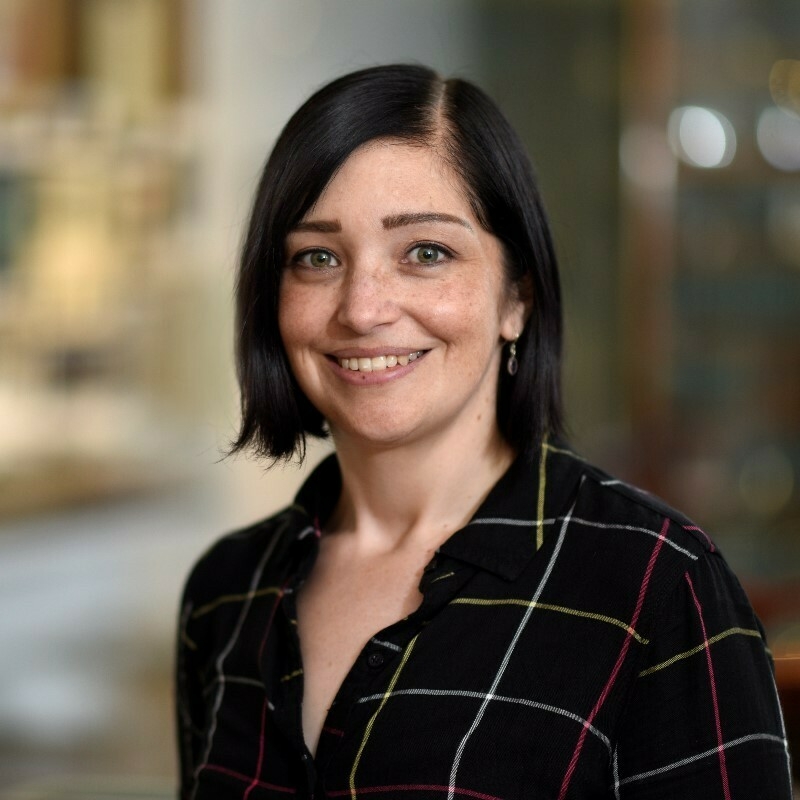
Nox4, a novel target for Duchenne muscular dystrophy
Duchenne muscular dystrophy (DMD)
Duchenne muscular dystrophy (DMD) is an X-linked disease caused by a mutation in the gene that encodes dystrophin, a membrane stabilising protein. Lack of dystrophin results in damage-prone skeletal muscle and accelerated muscle degeneration. This leads to progressive weakness and eventual cardiac and respiratory failure.
There is no readily available cure
Despite being first identified in 1868, there is still no readily available cure for this disease. While there is no conclusive understanding of how a lack of dystrophin causes the pathology seen in DMD, alterations in calcium (Ca2+) signalling have a major role in the initial cellular degenerative phase. Reactive oxygen species (ROS), through the NADPH oxidase pathway, also worsens the disease.
Calcium leakage and muscle function
Normal muscle function is regulated by cellular changes in signalling. Many muscle diseases have a common negative symptom – a calcium channel inside the muscle cells leaking too much calcium. A leaky calcium channel can also be caused by reactive oxygen species (ROS).
Dr Cully is investigating whether Nox4 targets calcium leakage
Research by Dr Cully and her team will use a drug already in clinical trials for other diseases to target ROS-induced calcium leak in dystrophy. This study aims to use the small molecule Nox4 inhibitor GKT137831 in dystrophic mdx mice to see if daily treatment reduces RyR1 Ca2+ leak, in addition to improving muscle pathology and function.
Mortality in DMD patients is commonly due to cardio-respiratory failure, so the study also aims to investigate the effect of GKT137831 treatment on cardiac and diaphragm function in animal cohorts.
Closer to a pharmacological therapy?
By improving understanding of the interplay between ROS and Ca2+ handling, and their role in DMD, this research could eventually provide a new drug-based therapeutic intervention. This would avoid the need for expensive genetic alterations that are currently being trialled.
Cure Kids is funding Dr Cully’s study
Funding from Cure Kids is enabling this exciting study, which could reveal a basis for an eventual drug treatment for DMD.

Help fund our big research.
Every bit helps.
